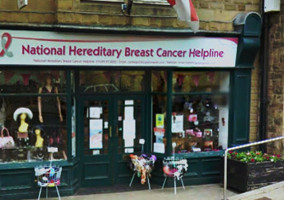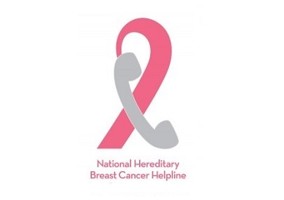Earlier this summer, the curious story of Wendy Watson garnered some media attention. She was given the Charity Commission’s first official warning for paying herself £31,000 in her role as a trustee, but told Sky News that she had been unaware that she was doing anything wrong and received poor advice from her solicitor.
This leads us back to what has been the biggest charity sector debate of the year as a whole: how do we improve standards of governance?
The newly revised Charity Governance Code seems like a good document, and the fact that it has the backing of the Charity Commission is a good thing: the majority of trustees take very seriously what they are told by the Charity Commission.
Another suggestion this summer has been the creation of an Association for Trustees, courtesy of nfpSynergy founder Joe Saxton. This is a decent enough idea; if it can be properly resourced then the more assistance for trustees, the better.
But what to do about someone like Ms Watson, who was so disengaged from regulators and umbrella bodies that she paid no heed to even the most entry-level of Charity Commission guidance?
Perhaps there are some other, simpler measures that can be taken to nudge the uninitiated into better practice.
Nudge theory
For those unacquainted, nudge theory was popularised by Richard Thaler and Cass Sunstein's 2008 book Nudge: Improving Decisions About Health, Wealth, and Happiness. Drawing from behavioural science, it proposes influencing behaviour without coercion or forbidding any options.
Perhaps the most famous example of this in practice is Amsterdam Schiphol Airport’s decision to etch the image of a housefly into the urinals in order to improve customers’ “aim”.
Other examples cited include adding calorie counts to food packaging, and improving organ donor take-up rates by switching from an opt-in to an opt-out system (a change which our charity fundraisers and data protection experts are becoming intimately acquainted with in their own fields).
So what does this mean for trusteeship?
Firstly, when a new charity is created, trustees are required to collectively sign and submit a trustee eligibility declaration.
Somehow, in the case of Wendy Watson, this took place without her realising. But more generally, if a form is being passed around 10 trustees for signatures, it is possible that time pressures will mean they don’t check all of the criteria and related guidance listed in the declaration.
Would issuing individual forms to each trustee increase the onus on personal responsibility?
Secondly, the declaration includes two tick boxes, while a range of other declarations are listed under the catch-all “by completing and signing this form, you declare that you…”.
Would an individual tick box for each encourage trustees to read each stipulation and the recommended guidance, rather than skimming over them?
And finally, is there a more engaging way of educating trustees altogether?
When applying to become a pension trustee, individuals are required to confirm that they have completed the Pensions Regulator’s online trustee toolkit training.
Could a similar e-learning programme be developed or signposted by the Charity Commission?
Of course, there is nothing to stop applicants from still ticking all the boxes on their form and not bothering to read the guidance or the complete e-learning.
But not only would the existence of these tick boxes make people like Ms Watson aware that guidance exists, but as Thaler and Sunstein have suggested, we as humans are quite suggestible. If encouraged to do something, many of us will.
Related articles












